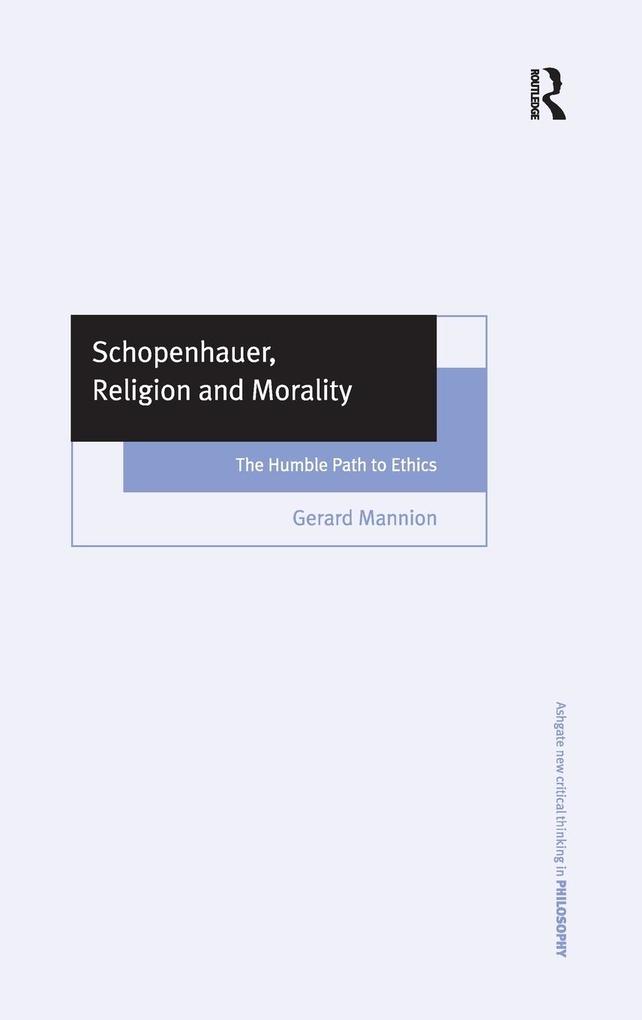
Zustellung: Sa, 14.06. - Do, 19.06.
Versand in 2 Wochen
VersandkostenfreiBestellen & in Filiale abholen:
This work challenges the textbook assessment of Schopenhauer as militant atheist and absolute pessimist. In examining Schopenhauer's grappling with religion, theology and Kant's moral philosophy, Mannion suggests we can actually discern a 'religious' humility in method in Schopenhauer's work, seen most clearly in his ethics of compassion and his doctrine of salvation. Given current debates between theologians and philosophers in relation to 'postmodernity' and 'postmodern thought', this book illustrates that Schopenhauer should be a key figure in such debates.
Inhaltsverzeichnis
Contents: Introduction: Schopenhauer and Religion: Schopenhauer's worldview: hope or depair?; Militant atheist? Introducing Schopenhauer on religion; Metaphysics of the people: Schopenhauer, religion and truth; Schopenhauer and Morality: Reason and the foundation of ethics: Schopenhauer's rejection of the Kantian moral system; Kant, religion and morality: first steps on the 'humble path'; Mitleid and morality: interpreting Schopenhauer's ethics; Schopenhauer's humble path: Schopenhauer and the moral gap: the thing-in-itself, the will and beyond; The religion of Schopenhauer: searching for meaning and salvation; Conclusion; Bibliography; Index.
Produktdetails
Erscheinungsdatum
06. November 2003
Sprache
englisch
Seitenanzahl
328
Autor/Autorin
Gerard Mannion
Verlag/Hersteller
Produktart
gebunden
Gewicht
640 g
Größe (L/B/H)
234/156/19 mm
ISBN
9780754608233
Entdecken Sie mehr
Bewertungen
0 Bewertungen
Es wurden noch keine Bewertungen abgegeben. Schreiben Sie die erste Bewertung zu "Schopenhauer, Religion, and Morality" und helfen Sie damit anderen bei der Kaufentscheidung.










